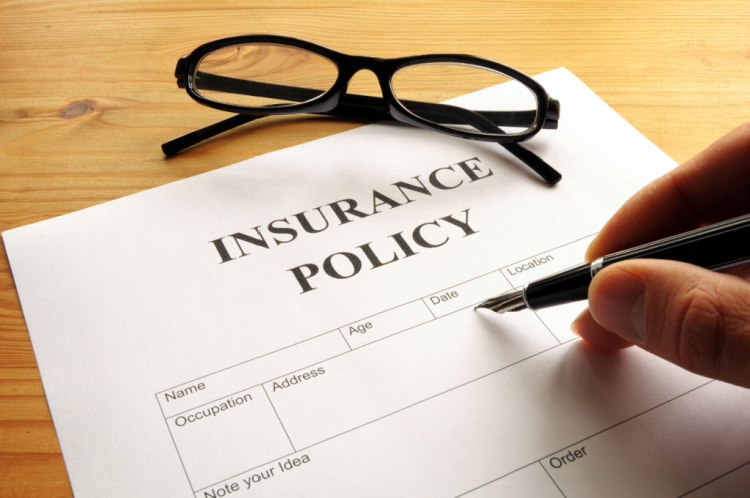Why You Should Have These 5 Insurance Policies
Truth is, a lot of things happen in the course of a lifetime. Some are good, some not so good. And some that could possibly be financially devastating. But with the right insurance policy, you could be in a better position to weather any unexpected occurrences, and come out the other end with your financial stability–and your ability to replace your valuable possessions intact.
These five important insurance policies offer a breadth of protection that can help you better prepare for and overcome the unexpected losses life might throw your way.

Life Insurance
Life insurance ranks very high on the list of important insurance policies to have. The right policy can protect those that are financially dependent on you such as your children, spouse, parents, or other loved ones who could face financial hardship in the event of your demise.
To determine the amount of life insurance you might need, a good rule of thumb is to consider your annual earnings and the number of years you expect to remain employed and then purchase a policy to replace that income amount.

Automobile Insurance
Most places require, by law, some level of automobile insurance. Automobile insurance protects you in the event that you’re involved in an accident and someone is injured or their property is damaged.
Without a sufficient insurance policy, you could be facing a lawsuit with the potential to cost you everything you own. Having no automobile insurance or opting to purchase only the minimum amount of coverage will only save you a small amount of money while leaving your valued possessions at risk of being confiscated if you’re on the losing end of a lawsuit.

Homeowner’s Insurance
When choosing a homeowner’s policy, look for one that covers the replacement of the structure as well as its contents, plus the cost of living accommodations while your home is being repaired or replaced.
In general, the cost to replace your home should approximate the price you originally paid for it. To ascertain an accurate estimate, check into what local builders charge per square foot, then multiply that number by the amount of space you’ll need to replace your home.
You’ll also want to include the cost of special features and upgrades. Your home’s replacement value doesn’t need to include the cost of the land since you already own it.

Renters Insurance
Renters insurance is available to individuals who rent or lease properties. It’s important to note that homeowners insurance doesn’t cover the personal property of tenants; therefore, renters need to take out their own insurance in order to protect their assets. Renters’ insurance generally covers liability, personal belongings, and any additional living expenses for losses covered by the policy.
Renters insurance differs from homeowners insurance but includes the same basic coverage components: A for the dwelling, B for other structures, C for personal property, D for additional living expenses (loss of use and the need to live elsewhere), E for liability (injuries or property damage caused by the insured), and F for payments to cover medical expenses for guests of the renter on the property with permission.

Long-Term Disability Insurance
Long-term disability insurance provides a monetary benefit equal to a portion or percentage of the insured’s salary for covered disabilities. This type of disability insurance typically begins when short-term disability ceases to be in effect.
In most cases, the disability must have occurred after the policy has been issued; a waiting period may be required before the policy is in full effect. In addition, medical information, usually confirmed by a physician, must be provided to the insurer.
Most long-term disability insurance policies categorize disabilities as ‘own occupation’ or ‘any occupation.’ ‘Own occupation’ stipulates that the insured is unable to perform their regular job, or a similar job, due to disability. ‘Any occupation’ indicates that the insured’s disability renders them unable to perform any job for which they’re qualified.
